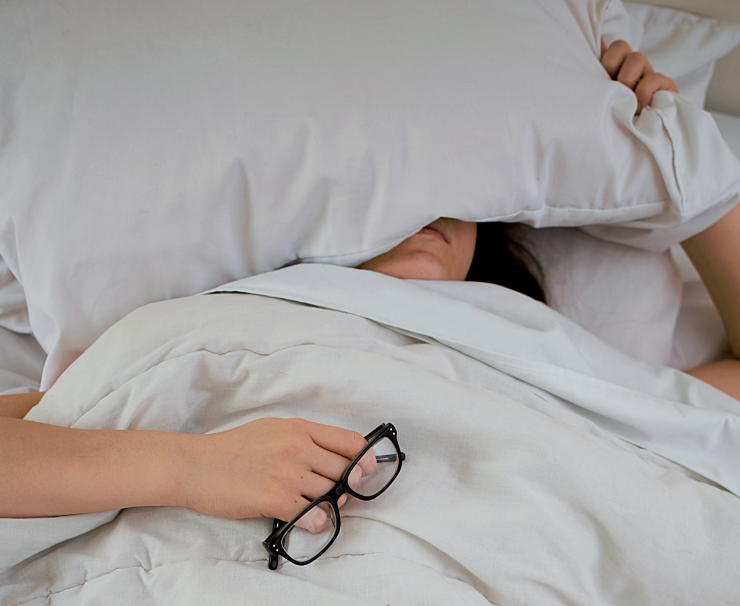Article
Cannabinoids Improve Sleep in the First and Largest Cannabinoid Clinical Trial
Author(s):
A majority of individuals who received one of the various cannabinoid products experienced a significant improvement in sleep quality and duration.
Jeff Chen, MD, MBA

Promising results from the first and largest clinical trial to date evaluating the effect of cannabinoids on sleep were announced by Radicle Science. A majority of individuals who received one of the various cannabinoid products examined in the study experienced a significant improvement in sleep quality and duration.
The impact of the cannabinoid products was compared to that of melatonin, which is the one of the most researched and frequently used non-prescription sleep aids. However, one of the prominent side effects of melatonin is grogginess, which was less prevalent with cannabinoid use.
"With sleep issues impacting 50 to 70 million Americans, scientifically-validated research is needed more than ever on how to help improve rest. Sleep is among one of the most popular therapeutic usages for cannabinoids, and we're excited to have begun this groundbreaking work in researching formulations and dosages to discover those with greatest effect," Jeff Chen, MD, CEO and Co-Founder, Radicle Science said in a statement.
The First Cannabinoid Study
The "Radicle Discovery Sleep Study" used only products by Open Book Extracts (OBX), "an NSF- and ISO 9001-certified manufacturer and distributor known for the industry's most innovative and highest quality cannabinoid ingredients and finished wellness and self-care products," according to the statement.
The blinded, randomized, controlled clinical trial included 1800 individuals (56% women) in the US. After randomization, the study groups received one of the 5 cannabinoid products, and the control group received 5 mg of melatonin. All cannabinoid products contained CBD and some included cannabinol (CBN) and cannabichromene (CBC), which are rarer cannabinoids. One of the products was cannabinoids combined with 5 mg of melatonin.
Each day of the trial period, the individuals took their respective products and reported their usage, side effects, sleep quality and other health outcomes including pain and anxiety, over the coure of 4 weeks.
Significant Improvements in Sleep Outcomes
Improvements in sleep quality, well-being, anxiety and pain were observed in each group. At onset, most individuals reported an effect within the first hour of taking the product with a similar effect shown in groups who received cannibinoids compared with those who received melatonin.
Of the individuals who took 5 mg of melatonin and those who took the melatonin combined with CBD and CBN, 71% demonstrated a significant improvement in sleep outcomes. For comparison, 69% of individuals taking a combination of CBD, CBN, and CBC, yielding significant improvements as well.
The mean increase in sleep duration ranged from 34-76 minutes per night with no significant difference reported between products. A favorable safety profile was displayed by all products with mild adverse events and no significant differences in frequency.
All cannabinoid groups reported a lower incidence of grogginess than the group that received only melatonin. And while a statistically significant difference wasn't indicated between the products, the statement acknowledged that the combination of CBD, CBN, and CBC was associated with the greatest proportion of individuals that reported a significant improvement in their pain and anxiety.
"What's especially interesting is that cannabinoid formulations for sleep can also help people who also experience pain or anxiety. Instead of having to take several products to address their ailments, they may be able to take just one," Dave Neundorfer, CEO, OBX stated.





